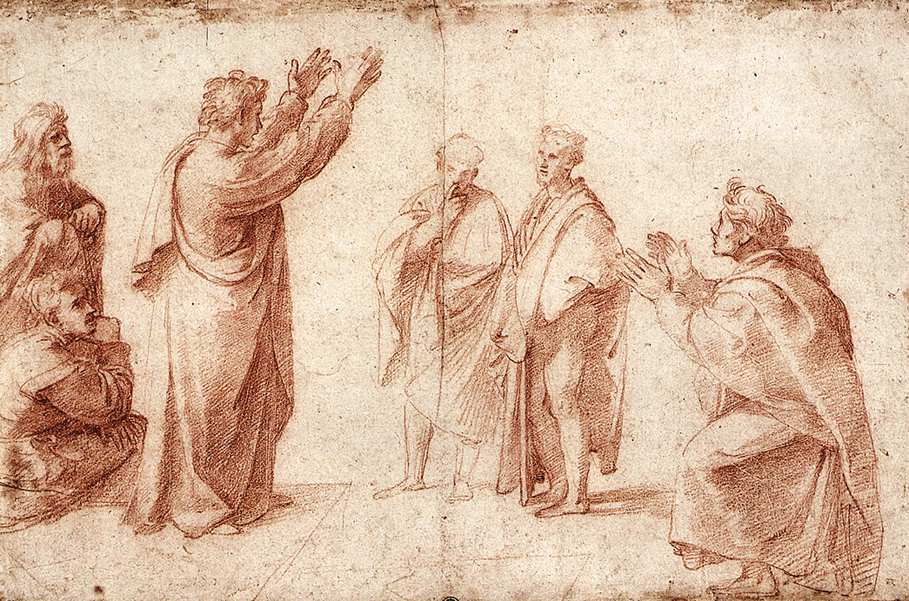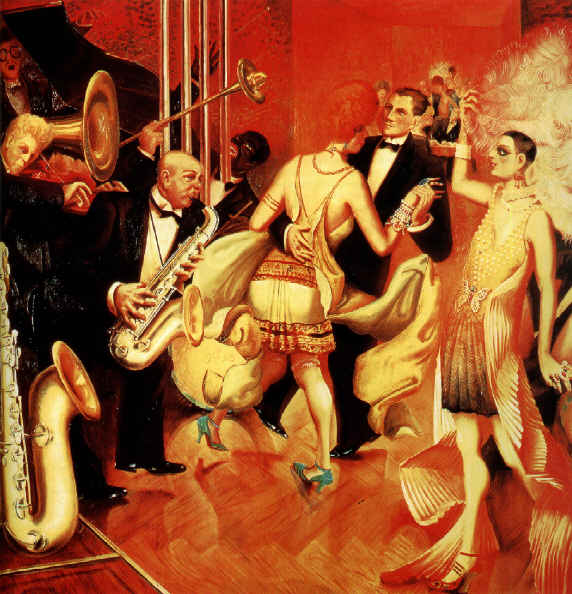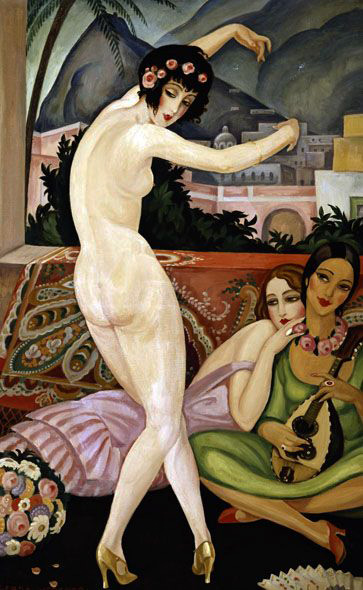21st October 1941, midday
Prophetic sense of Julian the Apostate—The Aryan origin of Jesus—Distortion of Christ’s ideas—The Road to Damascus—Roman tolerance—Materialism and the Jewish religion—Christian problem—The mobilisation of the slaves—St. Paul and Karl Marx—Final solution.
When one thinks of the opinions held concerning Christianity by our best minds a hundred, two hundred years ago, one is ashamed to realise how little we have since evolved. I didn’t know that Julian the Apostate had passed judgment with such clear-sightedness on Christianity and Christians. You should read what he says on the subject.
Originally, Christianity was merely an incarnation of Bohshevism the destroyer. Nevertheless, the Galilean, who later was called the Christ, intended something quite different. He must be regarded as a popular leader who took up His position against Jewry. Galilee was a colony where the Romans had probably installed Gallic legionaries, and it’s certain that Jesus was not a Jew. The Jews, by the way, regarded him as the son of a whore—of a whore and a Roman soldier.
The decisive falsification of Jesus’s doctrine was the work of St. Paul. He gave himself to this work with subtlety and for purposes of personal exploitation. For the Galilean’s object was to liberate his country from Jewish oppression. He set himself against Jewish capitalism, and that’s why the Jews liquidated him.
Paul of Tarsus (his name was Saul, before the road to Damascus) was one of those who persecuted Jesus most savagely. When he learnt that Jesus’s supporters let their throats be cut for His ideas, he realised that, by making intelligent use of the Galilean’s teaching, it would be possible to overthrow this Roman State which the Jews hated. It’s in this context that we must understand the famous “illumination”. Think of it, the Romans were daring to confiscate the most sacred thing the Jews possessed, the gold piled up in their temples! At that time, as now, money was their god.
On the road to Damascus, St. Paul discovered that he could succeed in ruining the Roman State by causing the principle to triumph of the equality of all men before a single God—and by putting beyond the reach of the laws his private notions, which he alleged to be divinely inspired. If, into the bargain, one succeeded in imposing one man as the representative on earth of the only God, that man would possess boundless power.
The ancient world had its gods and served them. But the priests interposed between the gods and men were servants of the State, for the gods protected the City. In short, they were the emanation of a power that the people had created. For that society, the idea of an only god was unthinkable. In this sphere, the Romans were tolerance itself. The idea of a universal god could seem to them only a mild form of madness—for, if three peoples fight one another, each invoking the same god, this means that, at any rate, two of them are praying in vain.
Nobody was more tolerant than the Romans. Every man could pray to the god of his choice, and a place was even reserved in the temples for the unknown god. Moreover, every man prayed as he chose, and had the right to proclaim his preferences.
St. Paul knew how to exploit this state of affairs in order to conduct his struggle against the Roman State. Nothing has changed; the method has remained sound. Under cover of a pretended religious instruction, the priests continue to incite the faithful against the State.
The religious ideas of the Romans are common to all Aryan peoples. The Jew, on the other hand, worshipped and continues to worship, then and now, nothing but the golden calf. The Jewish religion is devoid of all metaphysics and has no foundation but the most repulsive materialism. That’s proved even in the concrete representation they have of the Beyond—which for them is identified with Abraham’s bosom.
It’s since St. Paul’s time that the Jews have manifested themselves as a religious community, for until then they were only a racial community. St. Paul was the first man to take account of the possible advantages of using a religion as a means of propaganda. If the Jew has succeeded in destroying the Roman Empire, that’s because St. Paul transformed a local movement of Aryan opposition to Jewry into a supra-temporal religion, which postulates the equality of all men amongst themselves, and their obedience to an only god. This is what caused the death of the Roman Empire.

Raphael’s studio on Saul predicating in Athens
It’s striking to observe that Christian ideas, despite all St. Paul’s efforts, had no success in Athens. The philosophy of the Greeks was so much superior to this poverty-stricken rubbish that the Athenians burst out laughing when they listened to the apostle’s teaching. But in Rome St. Paul found the ground prepared for him. His egalitarian theories had what was needed to win over a mass composed of innumerable uprooted people.
Nevertheless, the Roman slave was not at all what the expression encourages us to imagine to-day. In actual fact, the people concerned were prisoners of war (as we understand the term nowadays), of whom many had been freed and had the possibility of becoming citizens—and it was St. Paul who introduced this degrading overtone into the modern idea of Roman slaves.
Think of the numerous Germanic people whom Rome welcomed. Arminius himself, the first architect of our liberty, wasn’t he a Roman knight, and his brother a dignitary of the State? By reason of these contacts, renewed throughout the centuries, the population of Rome had ended by acquiring a great esteem for the Germanic peoples. It’s clear that there was a preference in Rome for fair-haired women, to such a point that many Roman women dyed their hair. Thus Germanic blood constantly regenerated Roman society.
The Jew, on the other hand, was despised in Rome. Whilst Roman society proved hostile to the new doctrine, Christianity in its pure state stirred the population to revolt. Rome was Bolshevised, and Bolshevism produced exactly the same results in Rome as later in Russia.
It was only later, under the influence of the Germanic spirit, that Christianity gradually lost its openly Bolshevistic character. It became, to a certain degree, tolerable. To-day, when Christianity is tottering, the Jew restores to pride of place Christianity in its Bolshevistic form.
The Jew believed he could renew the experiment. To-day as once before, the object is to destroy nations by vitiating their racial integrity. It’s not by chance that the Jews, in Russia, have systematically deported hundreds of thousands of men, delivering the women, whom the men were compelled to leave behind, to males imported from other regions. They practised on a vast scale the mixture of races.
In the old days, as now—destruction of art and civilisation. The Bolsheviks of their day, what didn’t they destroy in Rome, in Greece and elsewhere? They’ve behaved in the same way amongst us and in Russia.
One must compare the art and civilisation of the Romans—their temples, their houses—with the art and civilisation represented at the same period by the abject rabble of the catacombs.
In the old days, the destruction of the libraries. Isn’t that what happened in Russia? The result: a frightful levelling-down.
Didn’t the world see, carried on right into the Middle Ages, the same old system of martyrs, tortures, faggots? Of old, it was in the name of Christianity. To-day, it’s in the name of Bolshevism. Yesterday, the instigator was Saul: the instigator to-day, Mardochai. Saul has changed into St. Paul, and Mardochai into Karl Marx.
By exterminating this pest, we shall do humanity a service of which our soldiers can have no idea.






